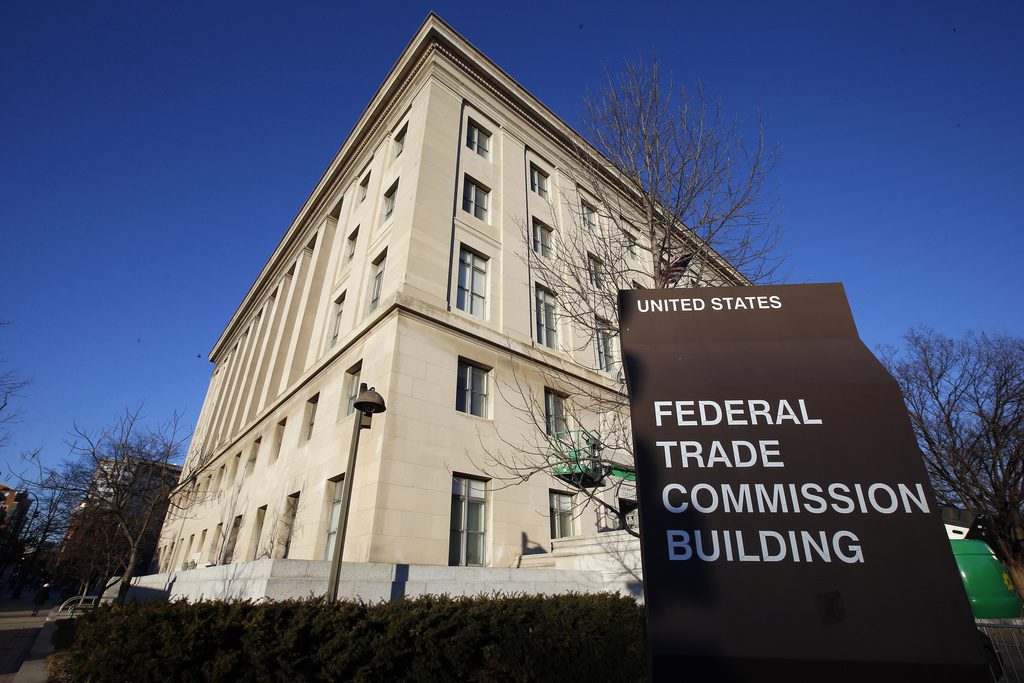
Photo via Shutterstock
The United States could soon experience a boom of up to 1.6 million new solar and wind energy jobs and a boost in wages for workers in those industries, according to a new analysis on the impact of President Biden’s Inflation Reduction Act.
Researchers at Dartmouth College and Princeton University last week released a working paper funded by the BlueGreen Alliance which found that the incentives in Biden’s signature climate law will dramatically lower the cost of solar and wind energy projects and offer wind and solar developers an “airtight business case” to use American manufactured parts and pay workers fair wages.
“By transforming the economics of wind and solar power, the Inflation Reduction Act will spur the creation of millions of new U.S. solar and wind manufacturing and deployment jobs, with strong incentives for fair wages and career pathways,” the report reads. “The findings show strong, unprecedented potential to build our clean energy future on a foundation of good jobs, clean manufacturing, a reliable industrial base, and greater equity.”
The paper found that the law will:
- create demand for up to 1.3 million new solar jobs and 250,000 new wind-related jobs by 2035;
- make the cost of solar panels manufactured and assembled domestically more than 30% cheaper compared to imported modules; and
- lower the cost of domestically-made onshore and offshore wind components, such as towers and blades, and make them cheaper than imported products for the first time.
The legislation will also significantly increase demand for American-made aluminum, cement, and steel for use in these solar and wind projects, benefiting domestic manufacturers. Projections vary widely, the study states, but mid-range estimates suggest “a more than threefold increase in solar and wind demand for aluminum and cement and a more than twofold increase for steel in 2035,” compared to a scenario where the Inflation Reduction Act had not been passed.
Finally, the report found that wind and solar developers can “significantly cut costs” by meeting wage and apprenticeship requirements stipulated in the clean energy tax credits.
To receive the full value of these tax credits, developers have to “pay construction workers a prevailing wage”—the average wage paid to similarly employed workers—and “utilize a certain percentage of registered apprentices in the projects.” When this happens, the report found, the cost of producing solar or onshore wind power will drop by more than 60%, and costs will likewise be roughly 20% cheaper for offshore wind projects.
While the Inflation Reduction Act is expected to create millions of jobs across the country, there are growing concerns about there being enough workers to fill the positions.
To address these issues, the Biden administration has also launched efforts to train and connect workers to the new jobs.
Most recently, the Department of Energy (DOE) announced Tuesday that 12 projects across the country have been selected to participate in negotiations with the agency to potentially launch training partnerships that expand the solar energy workforce in underserved and underrepresented communities. These projects will “create career pathways,” with thousands of “good-paying jobs,” according to a DOE press release.
For more information on apprenticeships training programs, and apprenticeship requirements stipulated by the Inflation Reduction Act, click here.
Politics

Housing market cools along Florida’s Gulf Coast
The uptick in the construction of new housing followed the influx of newcomers to Florida during the pandemic, but that boom is now tapering off....



Get ready, Orlando: Westcourt District promises thrilling entertainment, more
The district will be built in an 8.5-acre complex next to the Kia Center at West Church Street and South Hughey Avenue. Orlando residents and...
Local News



Housing market cools along Florida’s Gulf Coast
The uptick in the construction of new housing followed the influx of newcomers to Florida during the pandemic, but that boom is now tapering off....



Get ready, Orlando: Westcourt District promises thrilling entertainment, more
The district will be built in an 8.5-acre complex next to the Kia Center at West Church Street and South Hughey Avenue. Orlando residents and...




